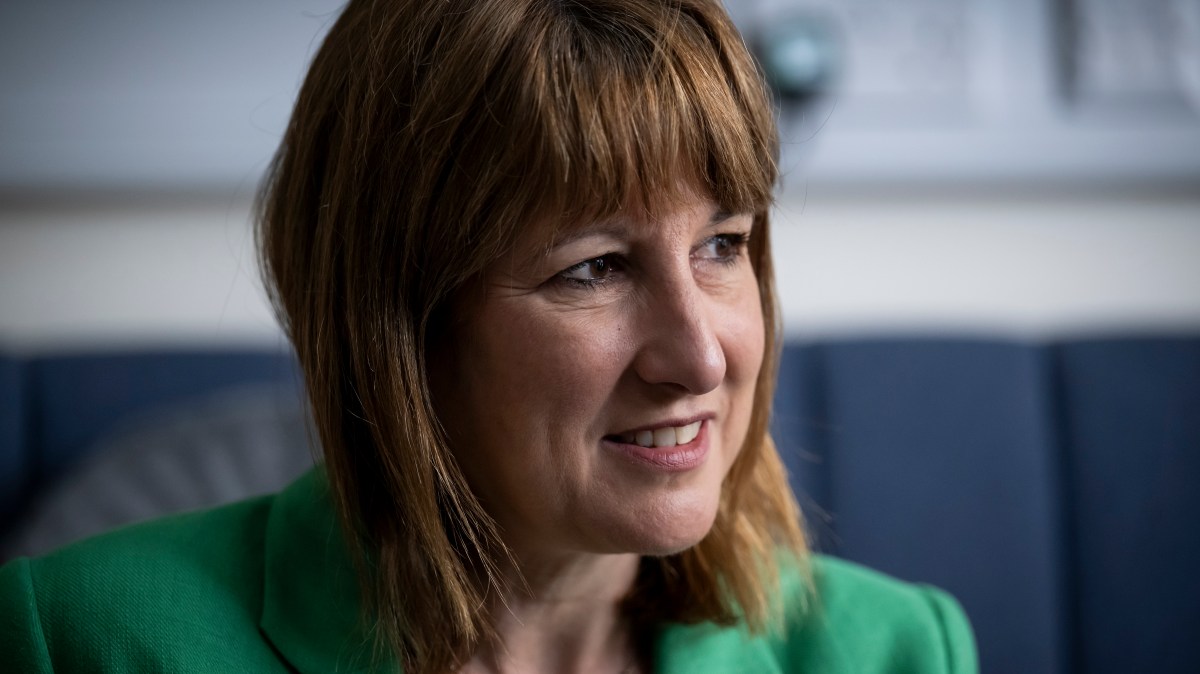A plan to unleash billions of pounds tied up in pensions will do little to boost economic growth, it has been warned.
The Department for Work and Pensions laid out plans in May to change the rules around how pension companies access “extra money” in defined benefit (DB) schemes in an effort to pump £160 billion into the economy.
Official forecasts now show that the move — which experts have warned could water down safeguards and put millions of savers’ pensions at risk — will instead lead to only £11 billion being funnelled into the economy over a decade.
Surpluses occur when a pension scheme amasses more money than it needs to pay out all of its members’ pensions. For years, employers have been paying extra money into their employee’s pension schemes to prepare for “bad years” — when their investments do not perform as well as forecast, or people live longer than expected, meaning that their assets might fall short of how much they owe their members. Luckily, these bad years haven’t been as frequent as feared, and the extra cash has grown.
The government had estimated that pension schemes had built up a collective surplus of more than £160 billion, adding that the money was “ready to boost growth”. The idea is that the new rules would allow companies to withdraw this money more easily and divide it among shareholders, pension members and the company itself, which would ultimately benefit the economy.
But a government impact assessment in June estimated that while there is a £160 billion surplus, the rule change would mean only £11.2 billion extra would actually be withdrawn from the schemes over ten years — about 7 per cent of the headline figure.
In reality the figure could be much higher, depending on how pension trustees respond to the new rules. How the funds are actually divided would be up to each pension scheme.
• Stick or twist? Savers fear for the pension tax-free lump sum
“The government estimate of the amounts likely to be withdrawn are just a fraction of the £160 billion headline,” said John Ralfe, an independent pensions consultant. “For the amounts to be so small is the dampest of damp squibs, especially if it undermines security for pension members.”
The government said: “There are billions of pounds in surplus funding in private sector DB pension schemes, with three in four schemes in their strongest funding position in decades.
“Our proposals will unlock funds to boost the economy, remove barriers to growth and ensure working people and businesses are able to benefit from the opportunity these assets bring.”
Because the money taken from these schemes will be taxed at a rate of 25 per cent, any extra money withdrawn by companies is good news for the Treasury’s coffers. If all £160 billion had been taken, the government would have made about £40 billion in tax. As it stands, it is set to collect £2.8 billion.
The proposed change would affect the pension schemes of about 9.4 million savers. It impacts only private DB schemes, which pay a guaranteed and often inflation-linked income for life in retirement. These are increasingly rare outside the public sector because they are so expensive to run. Most private sector workers are now in defined contribution (DC) schemes, where what you get in retirement is based on what you pay in and investment growth.
The move has been controversial. The rules around how and when companies can access the money held in these schemes have become increasingly stringent since cases such as the Robert Maxwell scandal, but critics say the government’s change will begin to unwind these safeguards.
In the 1990s it transpired that Maxwell, the billionaire who ran the Daily Mirror, had stolen £460 million from his companies’ pensions. About 30,000 people’s pensions tumbled in value. Other pension scandals, such as Equitable Life and BHS, have affected hundreds of thousands in total.
Pension schemes have stricter protocols in place now. Trustees oversee the running of pension schemes, they are supervised by the Pensions Regulator, and the Pension Protection Fund is a lifeboat scheme for when firms go bust.
Schemes have to meet the “buy-out” test to see if they have to have the money to pay an insurance company to buy their pension liabilities in full before they can access any of their surplus.
The government wants to change this to “low dependency”, which means that the scheme can probably still pay out the pensions in full but has a low-level dependency on the company (which also has a legal responsibility to pay if the scheme cannot). Trustees would still need to sign off on any money taken out.
“While the policy change has potential upsides, there are also some pretty obvious risks,” said Tom Selby from the investment platform AJ Bell. “Robert Maxwell and other historic pensions scandals still live long in the memory and these reforms have more than a slight whiff of a pensions raid — albeit a legal one backed by the government.”
Others think that the rules haven’t gone far enough. Steve Webb, a former pensions minister now at the consultancy Lane Clark & Peacock, said that many of these pension schemes were now in the “end game” and could relatively accurately calculate how much they would need to meet their liabilities in the future.
“It’s no good for members who are 80 now if the scheme runs for another 20 years and then pays out its surplus, because they won’t be around to see the money,” Webb said. He believes that the payouts offered by the Pension Protection Fund should also be increased to completely protect savers.
“Taking money out of these schemes is a different ball game to the 1990s. Some of these schemes have billions and while not every penny freed up would boost British industry, some of it would.”

